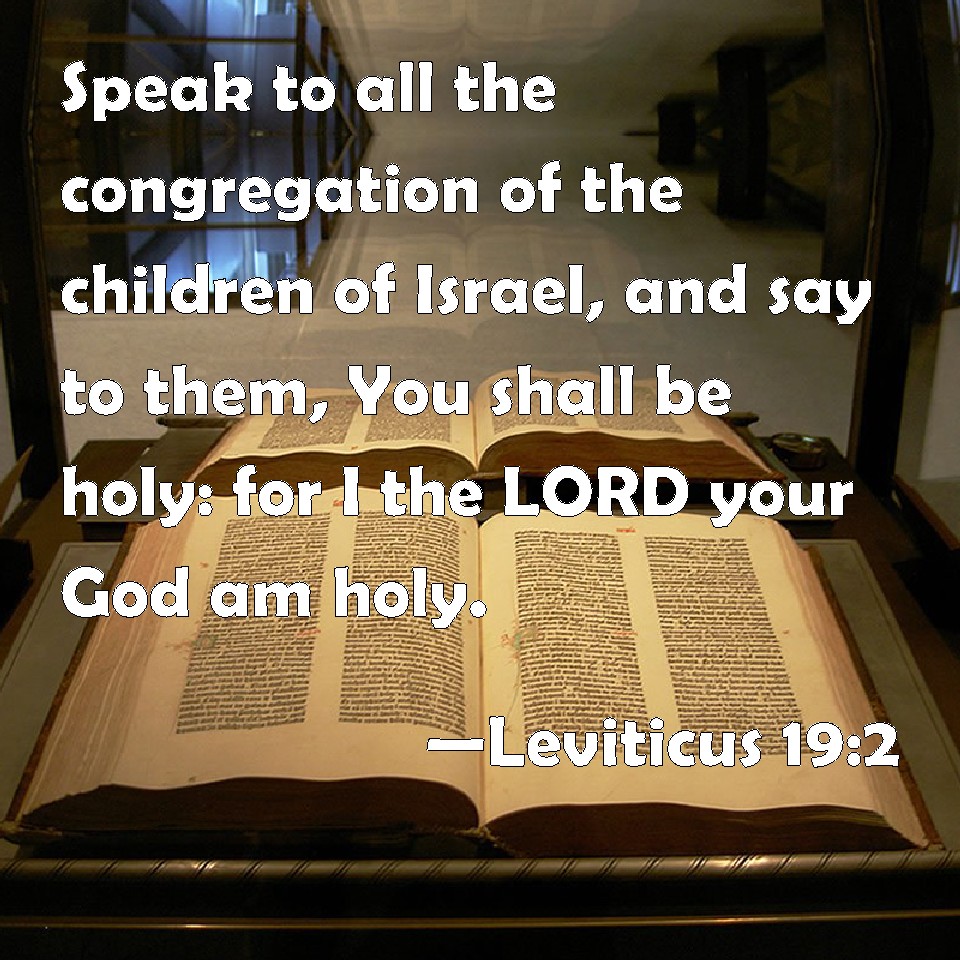Acharei Mot – “After Death, Congregants & Rabbis” - The parshah’s
name this week couldn’t be more apt “after death.” It refers to the deaths of Aaron’s sons the
priest Nadav and Avihu, and it refers in our time to Yom HaShoah which was this
week, but also to the murder of Lori Gilbert-Kaye, HY’D, who died last Shabbat at
the end of Passover when her synagogue, the Chabad House of Poway, CA was attacked
by shooter. She died saving the life of
her rabbi, Rabbi Yisroel Goldstein. That shook me.
The idea of a congregant dying
for her rabbi has filled my head since hearing of it. To me, it is not the way it should be. God forbid the situation should ever arise,
but if it were to, I’ve felt it must be the other way around. You’re here to help and guide your people and
to care for them.
I’m moved to share a story with
you that has shaped my thinking on this matter.
When I was a young and new rabbi, I had a colleague who sat on the
Rabbinical Assembly Bet Din in Los Angeles named Rabbi Henry Kraus. As I taught Introduction to Judaism, I took
many candidates for conversion before the Bet Din and got to know Rabbi Kraus because
of it. He was in his nineties, very
sharp, and he himself had been a young, single rabbi in his late twenties just
like I was then, in Hungary in the 1940s.
I got a kick of hearing about the large parsonage house the community
insisted he live in, including a housekeeper, and how negotiations for his
contract sounded just like the things we had to deal with, too.
Rabbi Kraus also told of what
happened to his congregation when the Nazis took control of Hungary late in World
War II. Hungary had been an ally to Nazi
Germany but had treated its Jews differently than had been the case elsewhere in
Europe. When the Germans took over the
country as it sought to exit the war independent of the other Axis Powers, all
the Jews were quickly rounded up to be sent to their deaths.
The congregation had the ability
to save their beloved rabbi and help him escape, but Rabbi Kraus decided he
would stay with them. Sure enough, he
was loaded onto a truck to be taken away.
As it happened, his parents, who were still living, had yet to be taken
and he knew they were likely to make their escape. Thinking quickly, he wrote on a postcard her
had with them to their address with a brief note, “went with my congregation” –
pinned a few pengo bills to it and
tossed it over the truck to a passing Hungarian girl hoping she’d deliver
it. Then the went to Auschwitz.
He showed me the postcard, which had
been duly delivered to his parents who had been able to flee and who gave it back
to him when he returned after the war.
You could even see the two holes on it where the pin had been. That to me, was what a rabbi’s dedication to
his congregation should look like.
But Lori Gilbert-Kaye’s story
doesn’t contradict this lesson, it adds a beautiful new realization to it. That the rabbi need not be only the
protecting parent. Perhaps even that’s
not the best thing, and that it spoke to me as much as it did because of my age
at the time, though the story still moves me.
Again, God forbid it ever happen, but we, rabbis and congregants, are
all in this together – equally committed to each other and to Jewish tradition
and its continuing legacy; equally full of a desire to be brave and loving and
courageous and do the right thing.
Let it not be a tragedy then that
proves it for us. Let us instead find
ways of spreading and strengthening Judaism in our community working hand in hand
as the way in which we honor these stories, these deaths, and the many brave
souls among our people.
Shabbat Shalom
